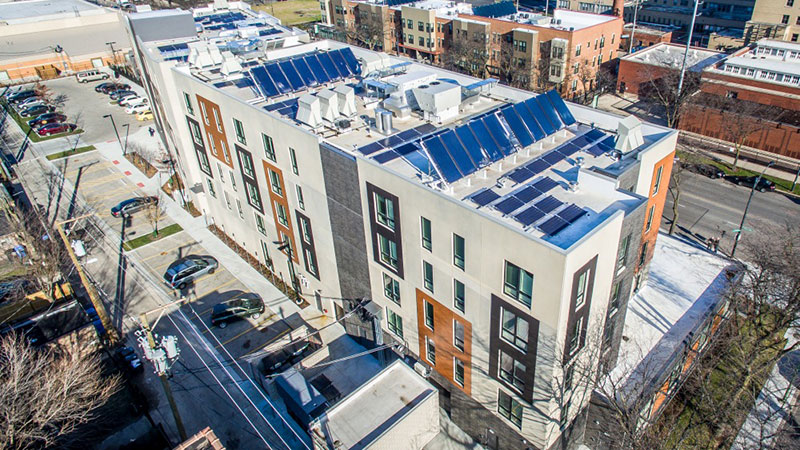Advertisement
This solar panel installation article focus on giving responses to the following questions.
1. What are the components of a solar energy system?
2. What is the lifetime of solar panels?
3. What is the lifespan of photovoltaic inverters?
4. What is the lifetime of batteries?
This solar panel installation article focus on giving responses to the following questions.
- What are the components of a solar energy system?
- What is the lifetime of solar panels?
- What is the lifespan of photovoltaic inverters?
- What is the lifetime of batteries?
Each solar energy system is made of this:
Solar panels that create energy.
Inverters are the ones in charge of turning the low voltage current created by solar panels (direct current) to high voltage currents (known as alternating currents). Rechargeable batteries (also known as batteries) save exceeds of energy produced by solar panels.
Charge controllers, which is the component in charge of managing voltage and current flows inside the batteries to extend the lifetime. Take into account that batteries and charge controllers are an option for grid-connected systems.
What is the lifetime of solar panels?
Solar panels usually have two types of warranties, a linear performance warranty and a physical warranty, The warranty for the physical aspect is usually between 10 to 25 years and insure any physical harm to the solar panels.
On the other hand, the linear performance warranty can vary between 20 to 25 years and ensures the efficiency of solar panels. This last one is mostly 80% and demonstrates the performance of panels after 20 or 25 years. So an 80% linear assurance after 25 years signifies that panels will generate 80% of the current they generated in the first year. So even if they generate less energy, they still perform pretty well.
The reduction in the performance is related due to the fact that the glass exterior of the panel is worn out and is no longer able to capture much light. The linear degradation can happen to any kind of photovoltaic solar panel and can not be avoided.
The best approach to guard your panels is to verify your racking system to ensure that the wires and panels are in good standing. The major threats to the lifespan of your panels are electrical failures or physical damage due to inappropriate installation.
What is the lifetime of photovoltaic inverters?
Inverters can last between 10 and 15 years prior to requiring replacement or repair. This is because the fact that inverters are composed of more electrical components compared to solar panels (to transform the direct current from solar panels to AC) and are more sensitive to heat than any other component of the overall photovoltaic system, causing them to be susceptible to failure of the equipment.
Being aware that solar panels have a lifetime of 25 years, means that you can extend your inverter warranty as it is a very smart investment. So in case, your inverter breaks down 15 years after installation, it will be probably replaced with a better and newer model.
What is the lifetime of batteries?
Batteries usually have a lifetime of 2 to 5 years based on storage conditions, depth of usual discharge, and discharge current.
Storage circumstances that base on the location (outdoor or indoor) and the environment temperature (Recommended 20°C; the major difference, as much negative as positive, the briefer the battery life).
The magnitude of the discharge current coincides with the power requirement produced by the usage of one or more devices. The higher the magnitude, the shorter the battery lifespan in the end. The extent of median discharges corresponds to the quantity of energy consumed from the battery before recharging. The higher the depth of discharge the shorter the battery lifespan in the end.
The decision of technology has an impact on life as well. Some technologies are more insusceptible than others to profound discharge and large power requirements than other alternatives (lithium> lead acid> AGM> gel).
Continuing the same logic as with linear solar panel warranty, batteries usually don’t stop functioning after 5 years, but instead, have a lower energy capacity. That is to say, if a battery that is 100Ah when purchased, it may end up being 60Ah or even less like 40Ah after 5 years. The battery will continue working well but will store less energy. That being said, differently from solar panels, the decline isn’t linear and it is complicated to predict due that several factors matter. Consequently, it is complicated to precisely predict battery life.
Conclusion
In the end, investing in solar power technology is a commitment for the long run. The initial price may be elevated, but this investment will pay itself with the passage of time in terms of monthly savings for utility bills. Due to the fact that solar energy system has a great life and requires low maintenance if equipment efficiency degradation is not a big issue for you.

